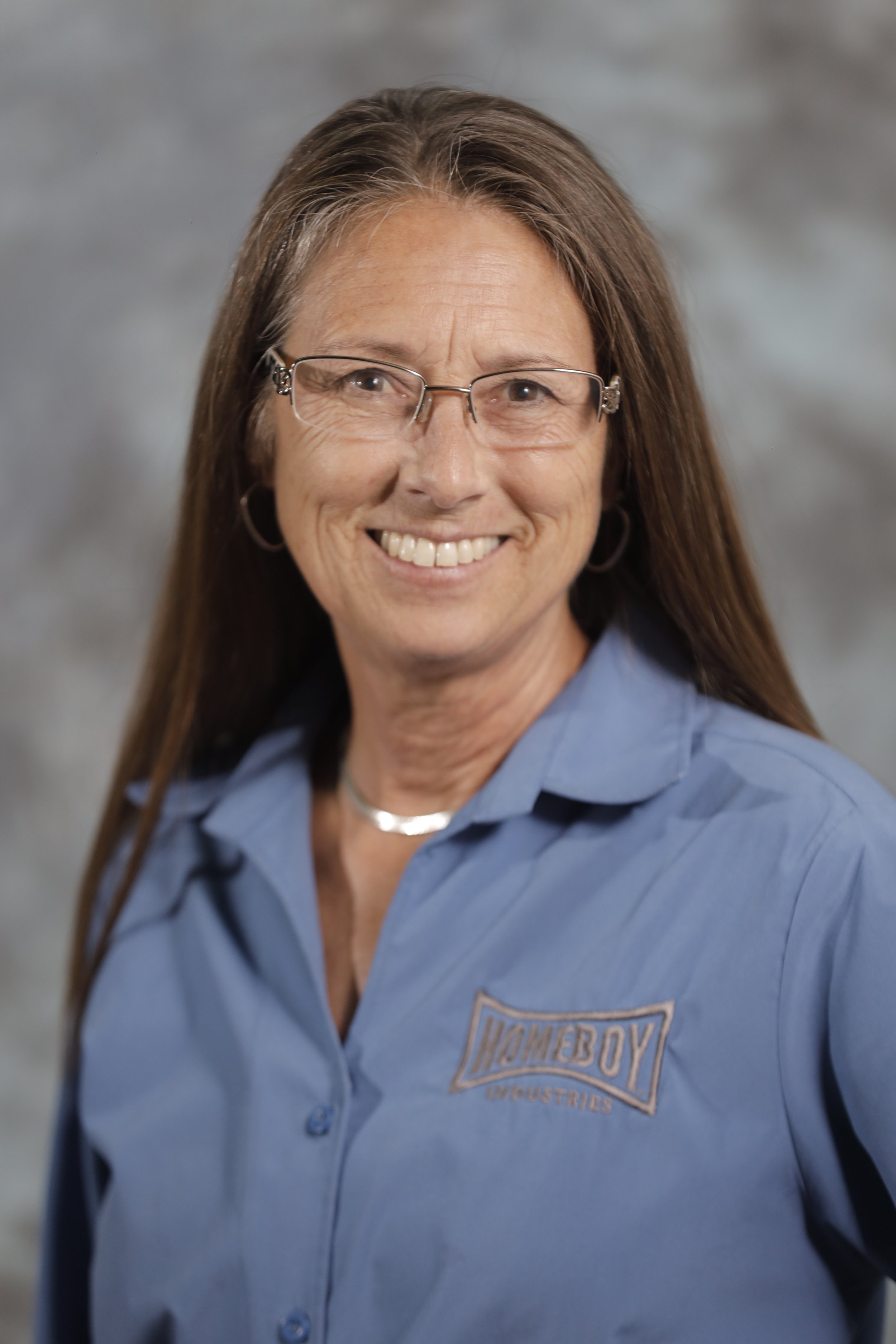Transportation is the largest source of greenhouse gas emissions in the United States. To combat this problem, many states are enacting bans on gasoline powered vehicles. In California, all new cars, SUVs, and pickup trucks will be required to produce zero tailpipe emissions by 2035. In April 2023, the U.S. Environmental Protection Agency released rules that essentially ensures two-thirds of new vehicles sold in the U.S. be electric by 2032.
With zero tailpipe emissions, a widespread transition from gas to electric powered vehicles offers significant environmental benefits. But, what about when the batteries reach the end of their useful life? Is solving the emissions problem today setting us up for another environmental problem down the road?
In this National Recycling Day webinar, we’ll hear how organizations are planning for the full life cycle of batteries and EV charging components, and discuss how to ensure the transition to electric vehicles can truly be more sustainable than conventional vehicle infrastructure.
About Our Presenters:
Lori Yalem began working with Homeboy Electronics Recycling in 2017. She has worked in the industrial paper recycling industry since 1990's for international corporations and domestic paper mills. In 2008 she moved to work in document destruction for a large Los Angeles based non-profit who employed people with severe disabilities. The transition to electronics recycling and data destruction was a natural step, as electronics is the fastest growing waste stream in the world. Finding Homeboy was especially fortunate! As a woman-founded, certified B-Corp and for-profit social enterprise, the work Homeboy Recycling does positively impacts not only our fragile environment, but is helping people who face systemic barriers to meaningful and sustainable employment.
Kristia Zizzo currently works in the Battery Industrialization and Logistics group for Volvo Energy in the role of Project Manager. In her current role Kristia focuses on Volvo Group’s projects for battery remanufacturing, refurbishing, repurposing, and recycling for all the brands electric portfolios across Volvo Group in North America. Kristia focuses on projects related to battery recycling and second life battery flows. The brands Kristia supports across the group include Volvo Trucks, Mack Trucks, Volvo Construction Equipment, Novabus and Prevost in North America. Prior to her role in Battery Industrialization and Logistics, Kristia worked as a Regional Advisory Services Manager for Charging and Infrastructure Solutions within the Volvo Group, and has worked with many other electric vehicle startups throughout her career. Kristia has extensive experience working in emobility, both in commercial teams as well as in project teams.
Virginia Hewitt serves as the Director of Business Development at Voltera. Her primary focus is in providing access to charging for the medium- and heavy-duty vehicle classes. As such, Virginia builds strong relationships across the value chain, from the stakeholders at the major US Ports, to the electric utilities that serve them. As a five-year veteran of the EV charging industry, Virginia has experienced the multitudes of challenges and opportunities commercial fleets face, both operationally and commercially during their electrification journey. She brings expertise in the products, services, and financial structures commercial fleets require to electrify their operations. Prior to her time at Voltera, Virginia helped build the commercial organization within Greenlots, now Shell Recharge Solutions. She holds a bachelor’s degree from Duke and an MBA from UNC-Chapel Hill.
Registration
Registration is free for AWWEE members, plus two guests (individuals new to AWWEE, please).
Non-member registration is $20.



